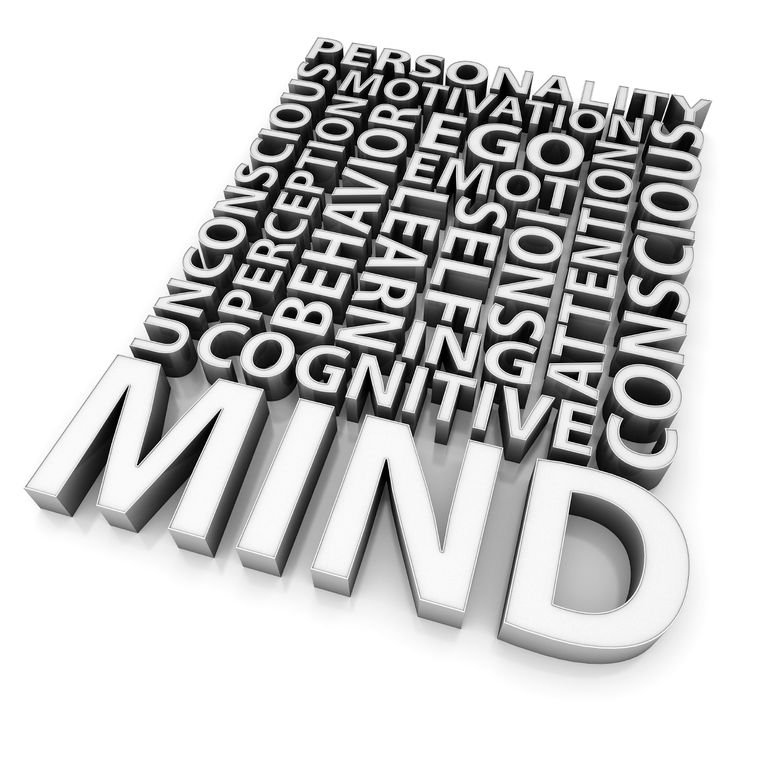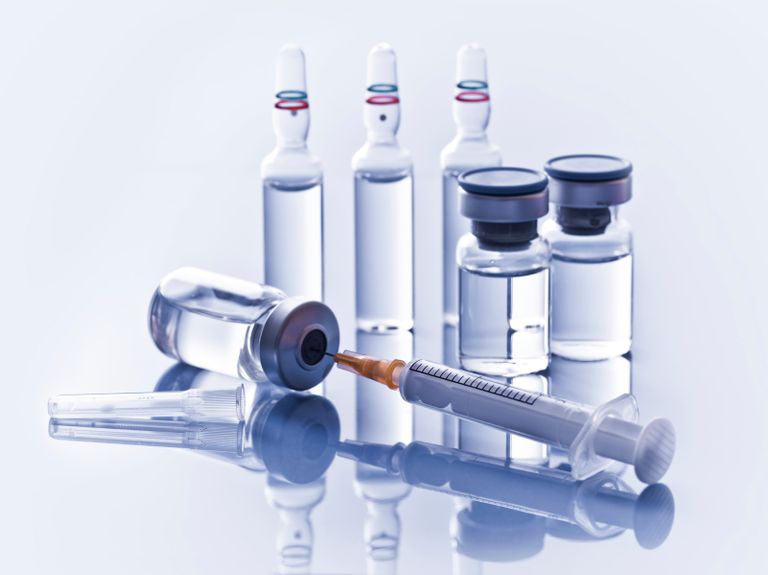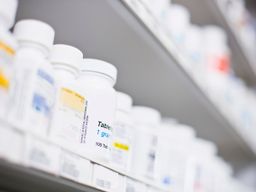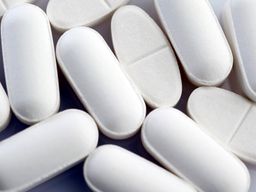
Medication News
Nationwide Recall Hits Dozens of Common Generic Drugs—What You Need to Know
- Dozens of generic medications—including some to treat conditions like high blood pressure, allergies, and high cholesterol—have been recalled.
- A Glenmark Pharmaceuticals factory in India did not meet current good manufacturing practice standards, according to an FDA report.
- Specifically, the FDA’s inspection revealed that the factory had possible issues with cross-contamination and quality control.
What Is Depression?
Depression (major depressive disorder) is a common and serious medical illness that negatively affects how you feel, the way you think and how you act. Fortunately, it is also treatable. Depression causes feelings of sadness and/or a loss of interest in activities you once enjoyed. It can lead to a variety of emotional and physical problems and can decrease your ability to function at work and at home.
Depression symptoms can vary from mild to severe and can include:
- Feeling sad or having a depressed mood
- Loss of interest or pleasure in activities once enjoyed
- Changes in appetite — weight loss or gain unrelated to dieting
- Trouble sleeping or sleeping too much
- Loss of energy or increased fatigue
- Increase in purposeless physical activity (e.g., inability to sit still, pacing, handwringing) or slowed movements or speech (these actions must be severe enough to be observable by others)
- Feeling worthless or guilty
- Difficulty thinking, concentrating or making decisions
- Thoughts of death or suicide

CHRONIC AND ACUTE STRESS AND THE PREDICTION OF MAJOR DEPRESSION IN WOMEN
Much evidence validates the link between onset of a major depressive episode (MDE) and prior stressful life events, particularly major undesirable events.[1–3] However, the predominant research focus is on episodic (acute) life events, and commonly ignores the co-occurring effects of chronic, ongoing stressful conditions on depression. Examining episodic events that have relatively discreet beginnings and endings may tell only part of the story of the stress–depression association, as stressful life events occur within the ongoing conditions of a person’s life. For many, daily life experiences include continuing negative environmental circumstances (chronic stress) such as poor working conditions; financial difficulties; absent, intermittently or chronically unfulfilling or conflictual intimate relationships with romantic partners, parents, children, or friends; continuing health problems; and other ongoing burdens.

Anxiety and Depression
Depression and Anxiety Are on the Rise Globally
I recently came across a study published in The Lancet that startled me. The findings on depression and anxiety disorder were grim, and no surprise, COVID-19 was the big culprit.
But COVID wasn’t the whole story, as I will explain. I also have some (hopefully) helpful advice to impart regarding mental illness, and I’ll get to that as well.
By Lantie E. Joranby, M.D.
Ketamine no better...
Experts say the psychoactive drug’s effect may not be based on its biological effects in the brain
Ketamine is a powerful anesthetic and sometimes recreational drug that causes people to feel dissociated from their own bodies. Recent studies suggest the drug may help treat people with depression who have tried more conventional treatments without success. But there are major questions about what makes it work. Is it the weird dissociative experience? Some molecular effect on the brain? Or just the experience of being in a clinical trial?
In a new study, that is yet to be peer reviewed, researchers attempted to find the answer in a unique way: They gave volunteers ketamine while they were under general anesthesia, theoretically preventing the participants from going on a trip. The approach alleviated the subjects’ depression, but not any better than a placebo did.
The authors interpret this as evidence that ketamine’s effects on depression are strongly tied to a patient’s experience of being seen by medical professionals. But other experts say the study’s implications may be more complicated.





Social Media Use and Mental Health: A Global Analysis
Furthermore, mental health disorders are influenced by and affect our daily social interactions [1]. Many of our social interactions occur via social media, with individuals spending a significant amount of time on popular social media sites such as Facebook, Twitter, and Instagram, among others. As of December 2019, Facebook reported 2.5 billion monthly active users, Twitter reported 330 million monthly active users, and as of January 2020, Instagram had over 1 billion active monthly users worldwide